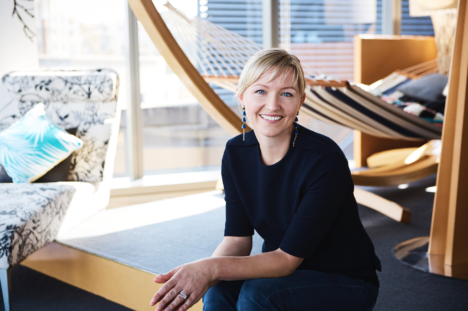The next big things coming to entertainment
Consumers, video and reality come together in important and exciting ways in the future of entertainment, according to Aisling Finch, Google’s head of marketing.
It has been said that there are only two things people do more than watch video: sleep and work.
Australians now spend over three hours a day consuming video(1) and the explosion of digital video is a big contributor to that, with Youtube now reaching over 15m Australians(2).
For one thing, digital video, especially on mobile, has changed the role of the audience. We can interact with what we’re watching like never before and our expectations for great, engaging content are higher than ever. Case in point: over half of Youtube watch time is now on mobile devices.(3)


